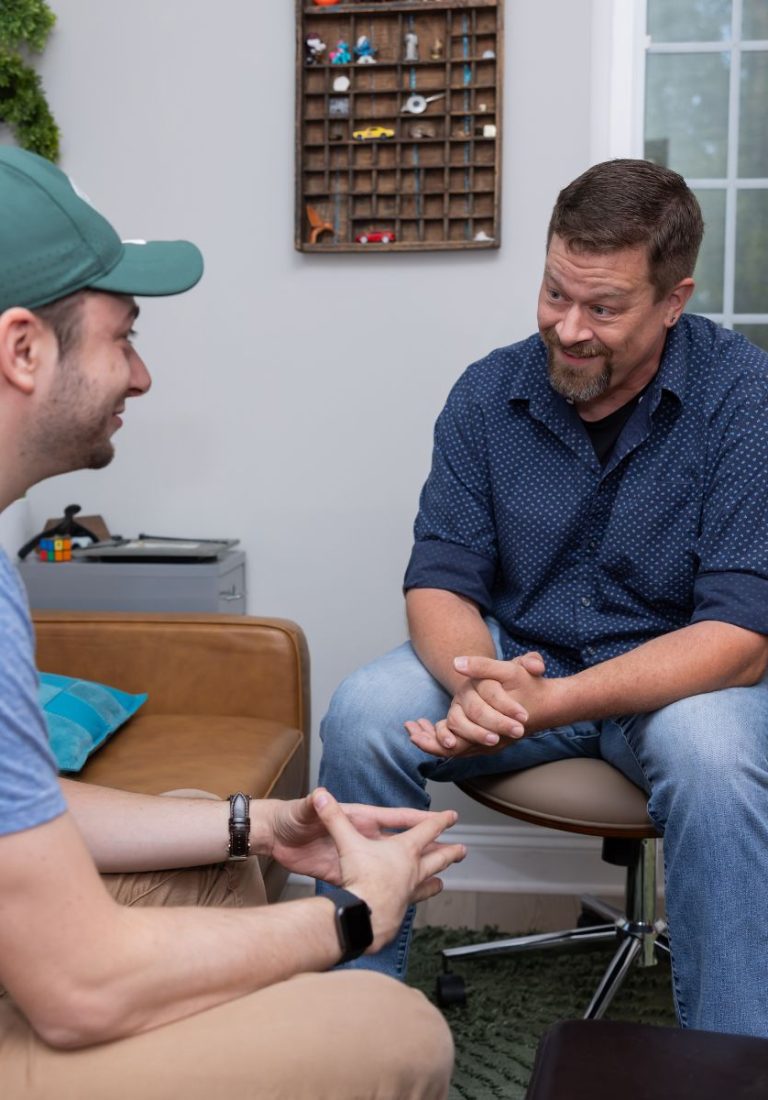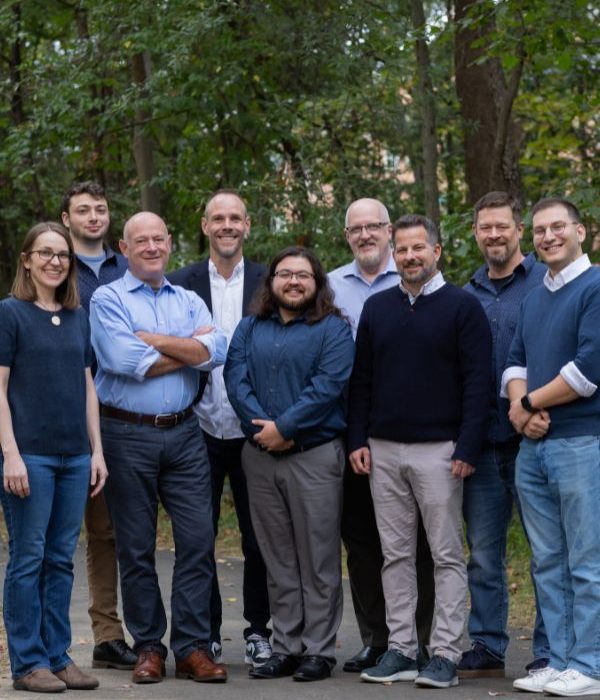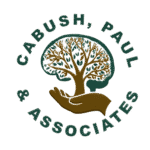ADHD Therapy for Teens & Young Adults in Fairfax, VA





What Is ADHD and How Is It Affecting Teens & Young Adults in Northern VA?
ADHD, or Attention-Deficit/Hyperactivity Disorder, is a brain-based condition that affects focus, self-control, and activity levels. For parents of teens and young adults, understanding ADHD is important because it often shows up in ways that can feel like defiance or laziness, but it’s really about how their brain is wired.
Here’s how it often impacts teens and young adults, and is especially true for teen boys and young men:
- Focus challenges: Long lectures, homework, or even everyday tasks can feel overwhelming or impossible to complete.
- Impulsivity: Acting before thinking, blurting things out, or taking risks without considering consequences can cause school or social struggles.
- Restlessness: Difficulty sitting still or staying quiet can come across as disruptive, even when it’s not intentional.
- Emotional strain: Many teens with ADHD wrestle with frustration, anxiety, or low self-esteem from constantly feeling “different” or misunderstood.
Please know that ADHD also brings strengths—creativity, energy, and unique problem-solving skills. With the right understanding, support, and the right strategies, teens and young adults here in Northern VA can learn to channel those traits into confidence and success.
ADHD: By the Numbers in the United States (Acc. to the CDC)
Our Approach to ADHD in Teens & Young Adults
At Cabush, Paul & Associates, our therapists use evidence-based practices to help teens and young adults focus on structure, organization, and self-management strategies. Our therapists teach time management, coping skills, and emotional regulation tools while supporting academic planning. Parents are often included to reinforce strategies at home and encourage strengths-based approaches that highlight abilities beyond ADHD challenges.
A typical case could include one or more of the following approaches to ADHD:
"I can’t believe how much my son has opened up since starting therapy. He used to shut down whenever we tried to talk, but now he actually starts conversations. This practice has been a lifeline for our family.”
Parent of a 15-year-old


ADHD Coping Strategies for Parents
Here are three practical strategies parents of teens and young adults with ADHD can use to help them cope:
-
Create structure and consistency – Establish predictable routines for schoolwork, chores, and downtime. Clear expectations and visual reminders (like calendars or checklists) can reduce overwhelm.
-
Focus on strengths and positive reinforcement – Encourage effort and progress, not just outcomes. Praise specific behaviors (e.g., “I like how you stayed focused for 15 minutes”) to build confidence and motivation.
-
Teach self-regulation tools – Help your teen practice techniques like short breaks, exercise, mindfulness, or timers to manage energy, focus, and emotions in healthy ways.
ADHD: Myth vs. Fact
Myth: ADHD is just about being hyper or having too much energy.
Fact: ADHD often shows up as trouble focusing, staying organized, or managing emotions—not just hyperactivity.
Myth: Teens, especially boys, will “grow out of it” once they mature.
Fact: While symptoms can change over time, ADHD doesn’t just disappear. Many still need strategies and support into adulthood.
Myth: ADHD means a lack of intelligence or effort.
Fact: ADHD has nothing to do with smarts—many boys are bright and capable but struggle with executive function, not ability.
Myth: Medication is the only solution.
Fact: Medication can help, but therapy, structure, coaching, and healthy routines are equally important tools for managing ADHD.
Myth: ADHD is an excuse for bad behavior or laziness.
Fact: ADHD is a real, brain-based condition. With understanding and support, teens and young adults can learn to channel their strengths and thrive.


Contact Us for a Free Phone Consultation About ADHD
Call us at (703) 691-0036 or fill in our easy contact form.
